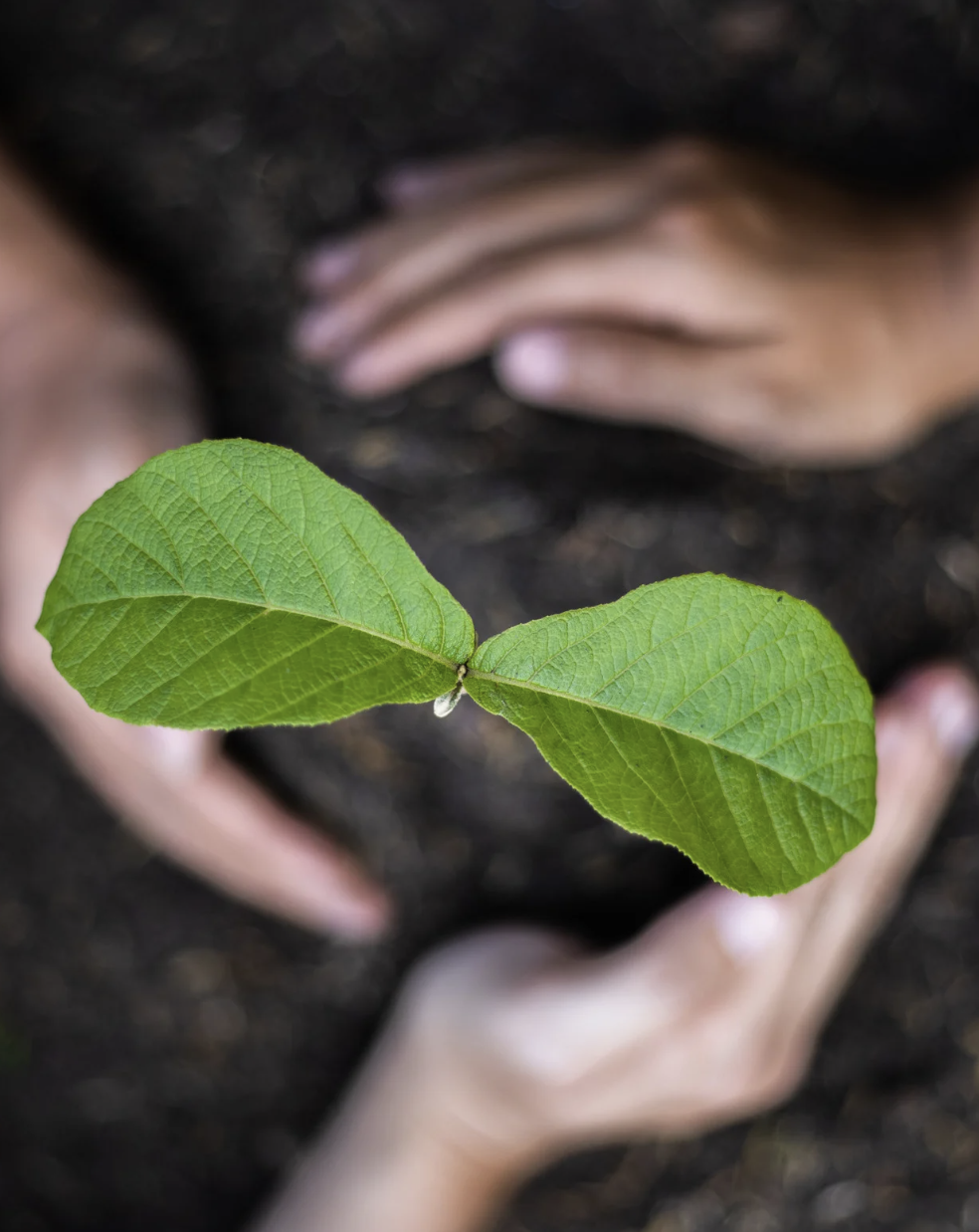Global Content of the WBA research project
With a specific well-being scope (individual & collective), two intertwined types of research contents can be highlighted. They are linked to both the field of body-mind practices and of holistic theories (mainly Asian, Indo-Oceanian and European) perceived as a way to create a healthier and happier life, and to the field of arts, either material and/or experiential, transcending cultural boundaries and taken in the broad sense of performance, sound, text, visual arts, arts of balance / Ways.
1. First Research Axis
The first axis of the research contents is related to what we defined up-above as “arts”. It is centred on studying how the human quest for a more balanced, engaged and fully lived body-mind connection influences modern and contemporary practices, especially through cultural circulations between Asia, Indo-Oceania and Europe. Indeed, the 2019 WHO report shows that very little has been made regarding the study of cross-country influences. This axis of research aims at showing how the audience and the practitioners enact and are enacted by arts allowing for more well-being in a specific environment.
2. Second Research Axis
The second axis is focused on collecting data from the practices, mainly yoga, meditation and kikô (Okinawan Qi-Gong), perceived as form of arts or enhanced by arts (music, dance, images…), often creating a specific atmosphere, an imaginative experience or an emotional response. These data about the engagement level of the community (which is known to be associated with several positive health effects) allow us to measure and analyse the degree of happiness (including relaxation and peacefulness) reached by the multicultural participants of the sessions.
Triangulation
The WBA module aims at triangulating the findings of these two intertwined axis of our research. The results of these analysis will allow us to develop the protocols year after year, leading towards the creation of a new scheme of measurement, but also helping us through feedback to improve the well-being effects for the community, the staff & the students. It will lead to international symposiums at Kyushu University and outside, but also to seminars, publications and special issues in peer-reviewed journals.

Well-Being with Arts project
Kyushu University, Ito Campus, 744 Motooka, Nishi-ku, 819-0395 Fukuoka, JAPAN
A Kyushu University Institute for Asian and Oceanian Studies (Q-AOS) research module.
Copyright 2024 © Clonts Charlène WBA
Fièrement propulsé par WordPress

